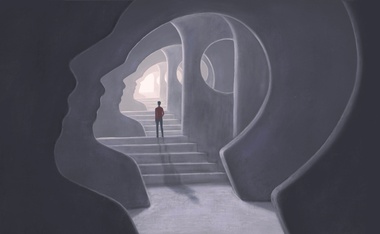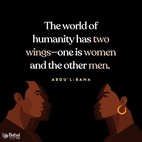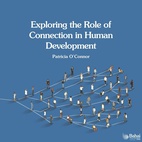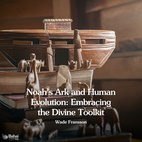The views expressed in our content reflect individual perspectives and do not represent the authoritative views of the Baha'i Faith.
Many philosophers have held the view that the mistaken assumptions which informed rational discourse about race, gender, class, and nationality have led to the humanitarian disasters of our modern age.
However, it can be argued that the bulk of human decisions are informed by beliefs which are not even founded on rational deductions. It turns out, multiple scientific studies have proven, that we make many of our most important life decisions emotionally, without much rational thought or reflection.
RELATED: What is Enlightenment? One Baha’i’s View
Clearly, then, the problems of the modern age were not caused by Enlightenment rationality itself.
Instead, people tend to simply and unquestioningly adopt their beliefs, usually those handed to them by their ancestors, their society, or their culture. In fact, since the 19th century the beliefs provided by society have evidenced an increasing lack of cogence.
The rise of contradictions between science and religion left these social structures in disarray and shambles, so the first system or narrative to be asserted with persuasion appealing to modern science with some perceived authority and adequate social pressure became ascendant. In Europe the narrative of fascism via an appeal to social and racial Darwinism, or the values of Marxism, or self-interested capitalistic ideology both supported by appeals to scientific materialism, tended to dominate.
These ideologies, masquerading as value systems, displaced or at times co-opted and supplanted religious and traditional ones.
Prior to this, the bulk of humanity blindly adopted the traditional values and religions of their society, rarely attempting to question, reach any level of intellectual detachment, or exercise their powers of perception. For the most part those belief systems functioned in a very flawed way. So as any practitioner of critical theory would readily point out, these systems led to the oppression of women and provided justification for racism, enslavement, violence, and war.
To reach a reconciliation of theology with rational scientific thought, Baha’u’llah’s son and the appointed interpreter of his revelation, Abdu’l-Baha, observed over century ago:
When religion, shorn of its superstitions, traditions, and unintelligent dogmas, shows its conformity with science, then will there be a great unifying, cleansing force in the world which will sweep before it all wars, disagreements, discords and struggles.
The Baha’i teachings implicitly view the failure of rationalism in theology as responsible for the violence and oppression in society. Further societal destabilization, however, deserves at least partial blame for the unprecedented violence and devastation experienced during the 20th century.
Ultimately, the only secure foundation of an effective and lasting belief system is individual transcendence or enlightenment.
This experience of enlightenment itself first requires detachment, followed then by use of the transcendent faculties of perception which define us as humans. In the past, religions and traditional social structures typically impeded detachment, fearing it as a potential challenge to their stability and integrity. Thus, the concept of faith became identical to the blind and unquestioning acceptance of dogma. But this position stunts and denies the possibility of exercising our human perceptive capacities. It also betrays a latent fear of rationality, since it not only prevents the full experience of human perception, but also the exercise of rational deduction that must follow these experiences.
RELATED: The Enlightenment, Materialism, and the Loss of Meaning
Abdu’l-Baha, decried this overly simplistic understanding of faith, identifying it with pure prejudice and a continual source of darkness. He explained that true faith is conceived through the freedom of thought and independent investigation of truth; that unquestioning acceptance of past traditions leads to prejudice; and that real belief is never based on blind imitation:
… the breeding-ground of all these tragedies is prejudice: prejudice of race and nation, of religion, of political opinion; and the root cause of prejudice is blind imitation of the past — imitation in religion, in racial attitudes, in national bias, in politics. So long as this aping of the past persisteth, just so long will the foundations of the social order be blown to the four winds, just so long will humanity be continually exposed to direst peril … blind imitation of the past will stunt the mind. But once every soul inquireth into truth, society will be freed from the darkness of continually repeating the past.
Baha’is believe that every human being is endowed with the capacity to recognize spiritual truth. The caveat: they must be willing to reflect and consider it with an objective mind, with their own eyes and judgment, and not simply ape the opinions and rituals of their parents and society.

















Comments
Sign in or create an account
Continue with Googleor